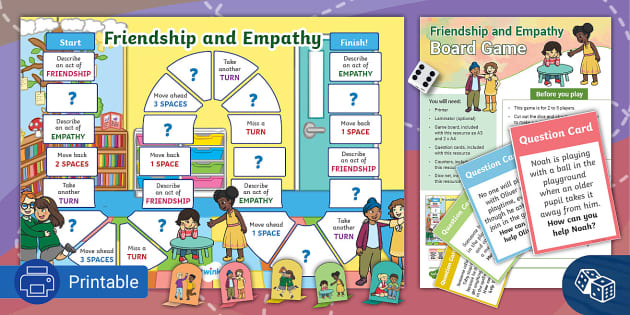
Gaming is often seen as escapism, but it can also foster empathy. Modern narrative-driven games like Life is Strange or The Last of Us allow players to experience emotions and moral choices through other perspectives.
Interactive storytelling gives players control — but also responsibility. Choices have consequences, forcing reflection on ethics and empathy. Psychologists say this immersion can increase emotional intelligence, similar to how novels develop empathy through characters.
Multiplayer games also build social connection. Friendships form across continents through teamwork, voice chat, and shared goals. During global lockdowns, online games became vital social lifelines.
The next generation of games aims to teach empathy through realism, diversity, and inclusive stories. Gaming isn’t just fun — it’s a bridge to understanding others.
